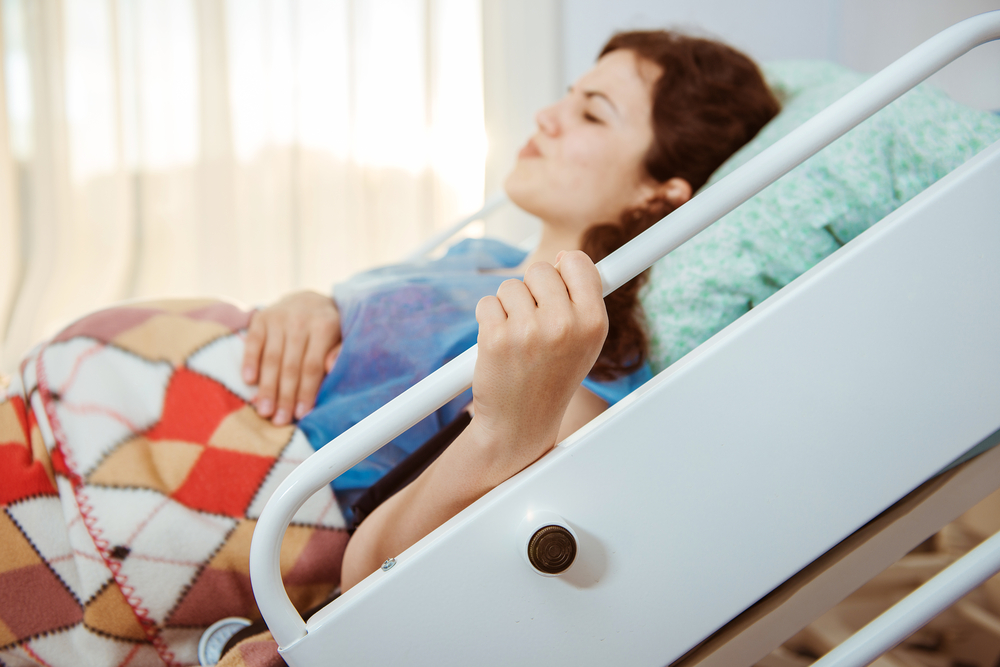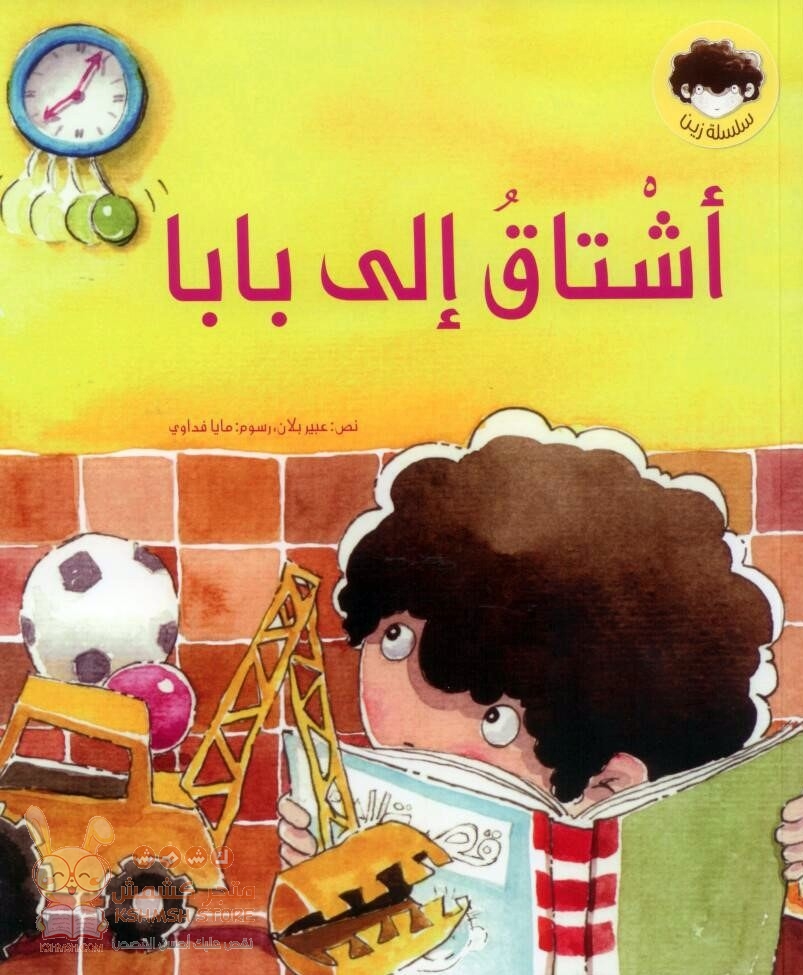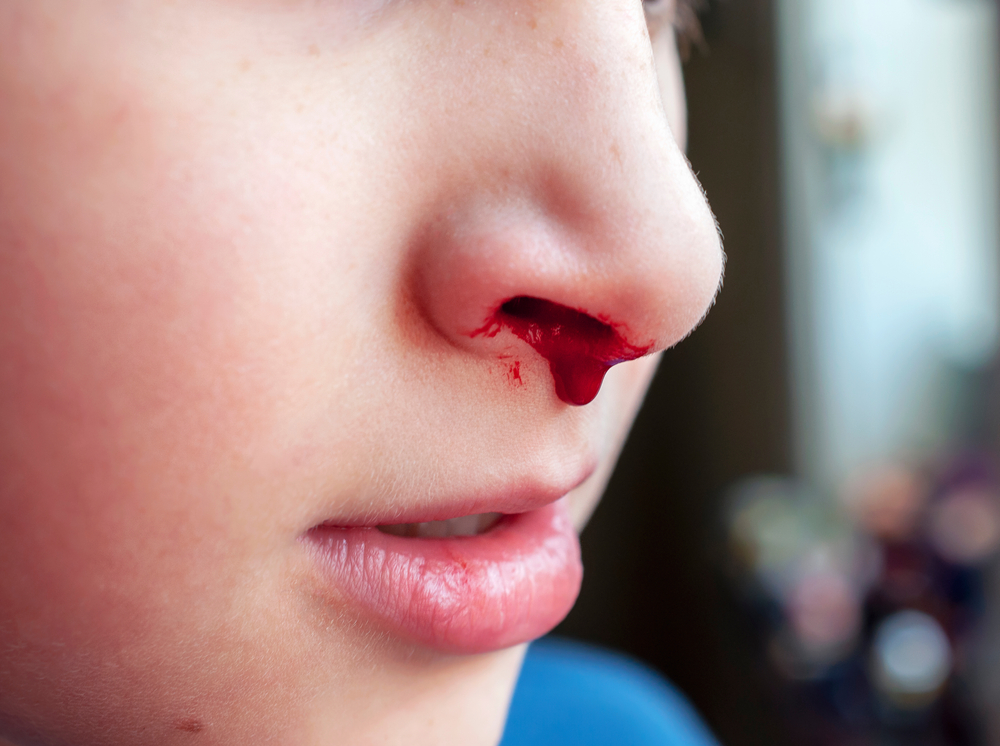After Delivery
what happens when childbirth experience is traumatic?

Many times, the experience of childbirth is not easy at all for many mothers, after which they may experience anxiety, tension and mood changes, especially if they are first time moms.
Unfortunately, things may develop for many of them to experience postpartum depression, which is common for many moms after birth. However, some of them may experience more than that
As they start to remember the pain they went through to the extent of having nightmares about it, which can affect their motherhood experience significantly.
In this case, they may be experiencing what is called Postpartum Post-traumatic Stress Disorder
So, what is this disorder?
Postpartum Posttraumatic Stress Disorder Postpartum (PPTSD) is a subcategory of posttraumatic stress disorders and is often accompanied by postpartum depression or can be misdiagnosed as It occurs in around 9% of women.
This illness is caused by a real or perceived trauma surrounding childbirth.
This trauma maybe one of the following:
-
having a normal vaginal delivery and ending up having an unplanned C-section
-
Use of vacuum or forceps to deliver the baby
-
Feeling powerless and receiving lack of reassurance during delivery
-
Pregnancy loss
-
Severe maternal complications such as postpartum bleeding or perineal tears and babies going to the neonatal intensive care unit (NICU).
So how can we recognize postpartum PTSD?
Symptoms usually include:
-
Flashbacks and nightmares about the event which in this case can be childbirth.
-
Re-experiencing/re-living of the event
-
Avoidance of triggers or stimuli such as avoiding passing by the hospital where the birth took place
-
Irritability
-
Difficulty sleeping
-
Hypervigilance
-
Exaggerated startle response
-
Feeling a sense of unreality and detachment
-
Inability to concentrate
-
Changes in mood
Postpartum PTSD treatment
As for the treatment, both therapy and medications are successful.
The therapy is specific for trauma which works to re-process and re-frame positive elements and returning to the present by paying attention to how the trauma impacted the mother. This will provide relief and healing.
It’s very important to involve the partner as well in the therapy part of treatment. The birthing story is told and retold by going back in memory in a safe environment.
People close to her can support her most by honoring the intensity of her trauma and not belittle it. The length of treatment depends on the severity of the illness.
You can always get in contact with us on social media for questions and guidance on how to seek help.














